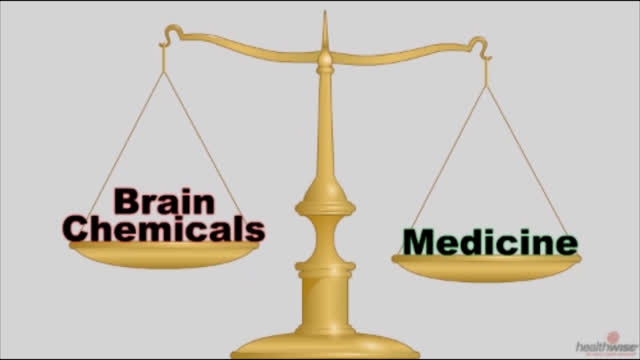Top of the pageActionset
Depression: Dealing With Medicine Side Effects
Overview
Side effects are a common problem for people who take antidepressants. If you are bothered by side effects, reading this information can help you learn more about how to cope with them.
- Most side effects are temporary and will go away after you take the medicine for a few weeks.
- Some side effects may not go away, but usually there are ways you can learn to manage these problems.
- If the side effects bother you, your doctor may be able to lower your dose or change your medicine.
- Do not suddenly quit taking your medicine. That could cause withdrawal symptoms or a return of your depression.
- Be aware of possible serious side effects of antidepressants, such as chest pain or a serious allergic reaction, and call your doctor right away if you notice any.
How to manage the side effects of antidepressants
Common side effects
Try these tips to help you manage some of the common side effects of antidepressants.
Constipation
- Eat bran and other whole-grain cereals and high-fiber fruits and vegetables, such as apples, prunes, beans, and broccoli.
- Drink plenty of fluids.
Daytime drowsiness
- This problem usually goes away as your body adjusts to the medicine.
- Ask your doctor if you can take your medicine at bedtime.
- Do not drive or operate heavy equipment when you feel drowsy.
Diarrhea
- Eat mild, low-fiber foods, such as applesauce, rice, and yogurt.
- Avoid spicy and high-fat foods until you feel better.
Dizziness
- Get up slowly from sitting or lying down.
Dry mouth
- Chew sugarless gum or suck on sugarless candy.
- Take frequent sips of water throughout the day.
Headaches
- These usually will go away as your body adjusts to the medicine.
- Ask your doctor what medicine you can take for a headache.
Loss of appetite
- Try to eat more often. Have healthy snacks between meals.
- Include favorite foods at each meal.
- Take a walk before you eat. This may make you more hungry.
Nausea
- Eat several smaller meals a day rather than two or three large meals.
- Try peppermint candy or gum. Peppermint can help settle your stomach.
Feeling nervous or on edge
- This will probably go away soon.
- If it lasts, ask your doctor if you can reduce your dose.
Sexual problems
- Ask your doctor if you can take a lower dose.
- Ask your doctor if there is another medicine you can try.
Sleep problems
- Avoid caffeine, nicotine, and alcohol.
- Don't exercise in the late afternoon or evening.
- Keep your bedroom quiet, dark, and cool, and use a sleep mask and earplugs.
- If these problems don't go away over time, ask your doctor about reducing your dose.
- Change the time of day you take your medicine to the morning.
Serious side effects
Serious side effects don't happen often, but you should be aware of them. Call your doctor right away if you or anyone who takes antidepressants has:
- Chest pain.
- Hives, shortness of breath, trouble swallowing, swollen lips, or other signs of a serious allergic reaction.
- Warning signs of suicide, such as talking or writing about death, giving away belongings, or withdrawing from family and friends.
- Manic behavior, such as having very high energy, sleeping less than normal, being impulsive, or being grouchy or restless.
Cautions
- Be sure your doctor knows about any other health problems you have and whether you are allergic to any drugs. This can affect what medicine your doctor prescribes for you.
- Tell your doctor about any medicines you take regularly, including over-the-counter drugs, vitamins, and herbs. This can help you avoid harmful drug interactions.
- Do not take any other medicines without talking to your doctor first. Even common medicines such as aspirin and some vitamins and herbs can cause problems if you use them while you are taking antidepressants.
- Do not drink alcohol or use illegal drugs. They can make side effects worse.
Credits
Current as of: July 31, 2024
Author: Ignite Healthwise, LLC Staff
Clinical Review Board
All Ignite Healthwise, LLC education is reviewed by a team that includes physicians, nurses, advanced practitioners, registered dieticians, and other healthcare professionals.
Current as of: July 31, 2024
Author: Ignite Healthwise, LLC Staff
Clinical Review Board
All Ignite Healthwise, LLC education is reviewed by a team that includes physicians, nurses, advanced practitioners, registered dieticians, and other healthcare professionals.






